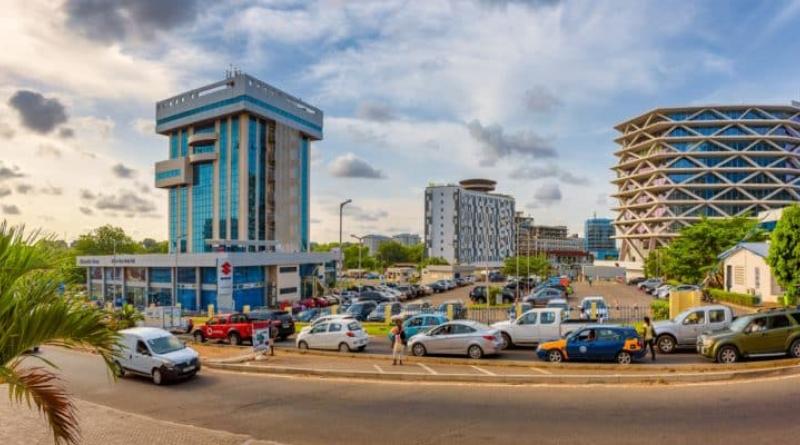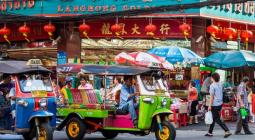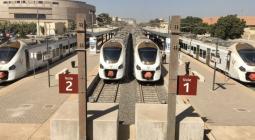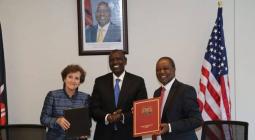In Dubai at COP28, the OECD calls for “reimagining transport in African cities”

In sub-Saharan Africa, CO2 emissions from transport increased by 75% between 2000 and 2016, including 153% in Ghana's cities, according to the Organization for Economic Co-operation and Development (OECD). The West African country was at the center of a workshop on sustainable urban transport organized at the COP28 village.
The 28th United Nations Climate Conference of the Parties (COP28) continues in Dubai in the United Arab Emirates (UAE). The day of December 1 , 2023 was marked by several events including a workshop on sustainable urban transport in Africa organized by the Organization for Economic Cooperation and Development (OECD). According to the institution based in Paris, France, it is absolutely necessary to “reimagine transport systems in African cities” at a time when the carbon footprint of human travel is accentuating the climate crisis.
The Ghanaian cities of Accra and Kumasi, respectively populated by 2.6 million and 3.7 million inhabitants, have been mentioned more than once to better understand the lack of public transport infrastructure on a continental scale, the non-inclusion of vulnerable people (women, children, disabled people) in urban mobility plans, the absence of a program on eco-responsible driving ( 3,440 traffic accidents in Ghana in the first quarter of 2023, editor's note).
The panel was composed of Brilé Anderson, Head of Research and Policy Advisory at the OECD, Kwadwo Owusu, Director of the Climate Center at the University of Ghana, Andrew Boamah Asare, Infrastructure Specialist at the Swiss embassy in Ghana, Charlène Kouassi general director of Movin'On LAB Africa, Alex Johnson, head of the Transport department at the Accra Metropolitan Assembly as well as Jorge Patiño, researcher in Geography at the OECD.
Travel peacefully and without polluting
First among the solutions proposed is the development of public transport. A model which will make it possible to avoid the 600,000 annual deaths linked to pollution from thermal vehicles in a regional context (West Africa) where “everyone wants to drive their own car” , regretted the six speakers. Note that the automobile fleet in Africa is essentially made up of second-hand vehicles, mostly imported from Europe and Asia.
But for Mamaa Grant Monney, consultant for the Transitec engineering platform, the most efficient and least expensive option at the moment is walking. The OECD teams concluded the two hours of discussions by announcing that they would publish a strategic document in the coming months. It should help local elected officials and governments to develop real land use planning policies and even action plans for the implementation of sustainable urban transport infrastructure by 2030.





